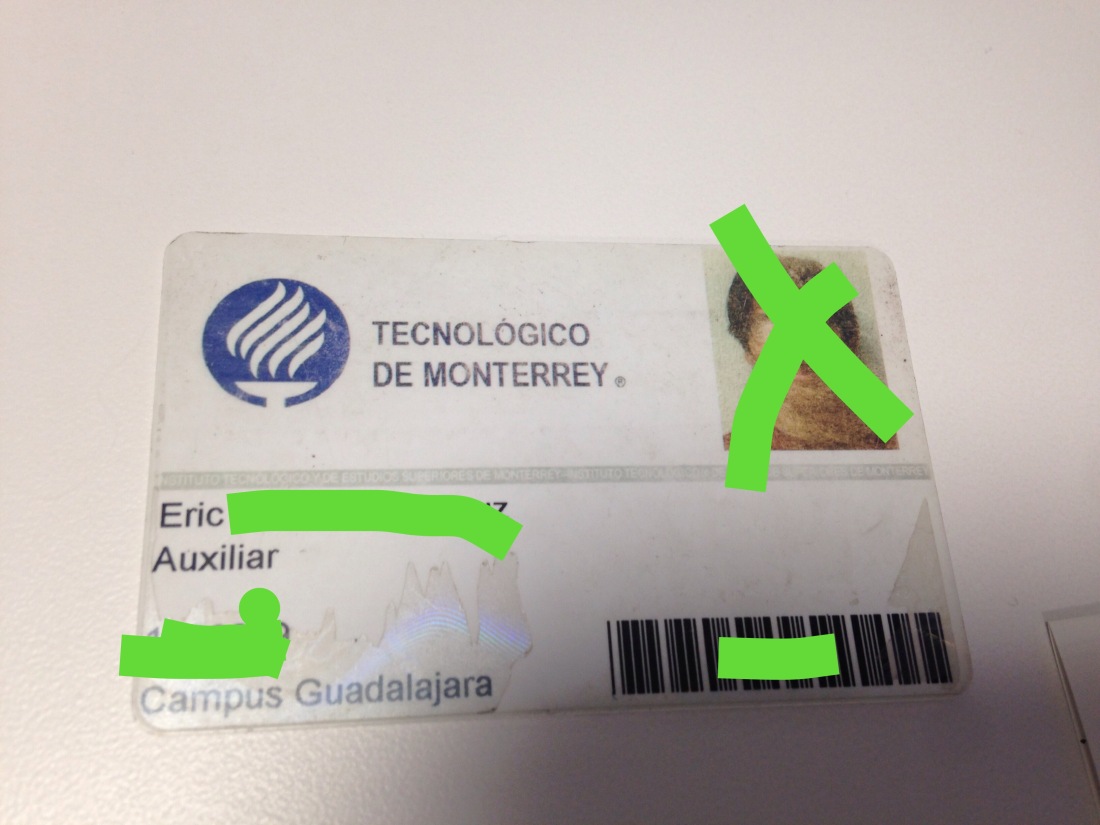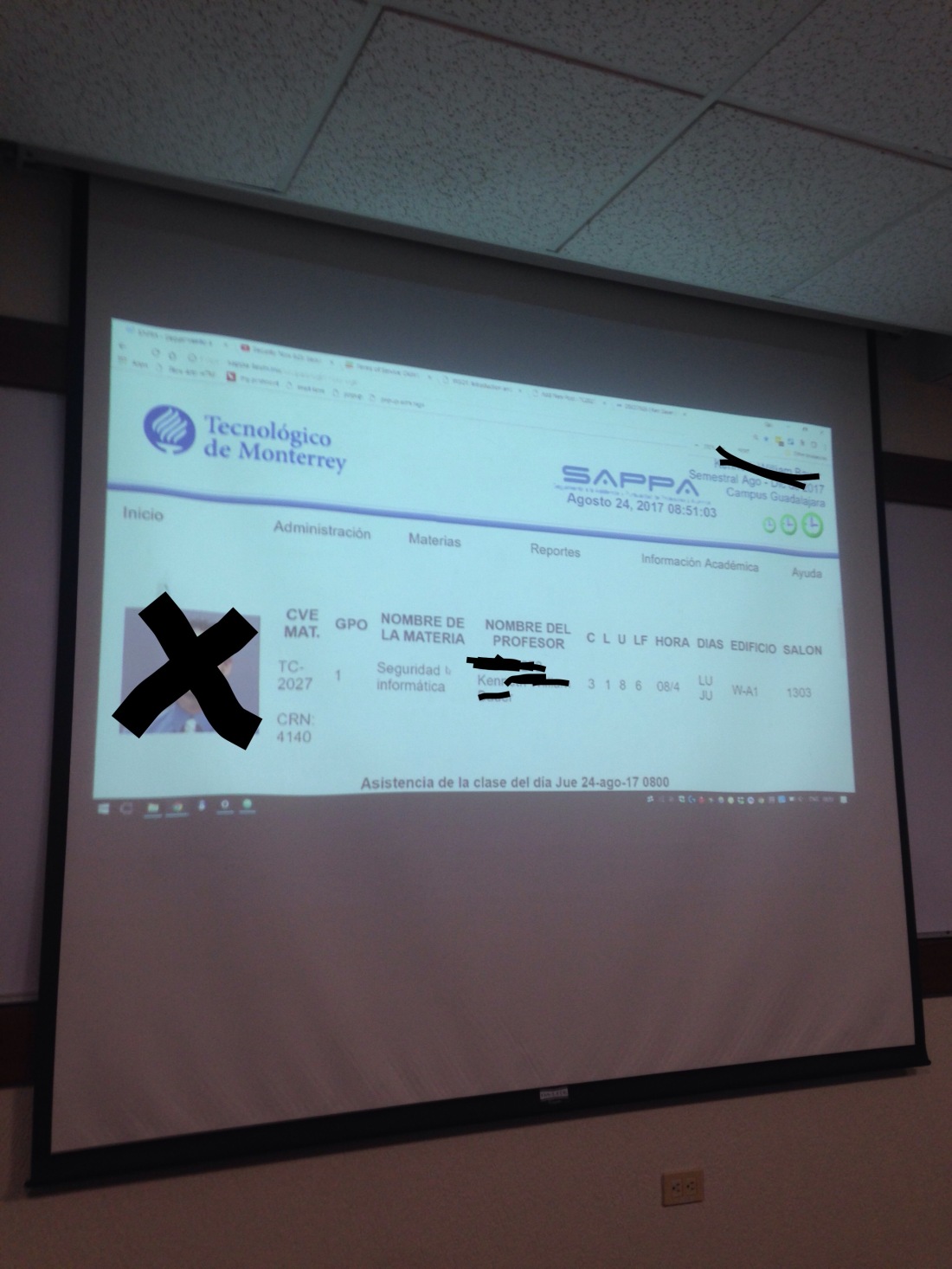--Originally published at Eric tries to write down cool things
Malware… OH MALWARE! The fantastic and exotic creation of some people that just want screw other for money, for pride or for FREAKING FUN!

Yes, there are teenagers that mess up with the government just because they are able to do it and get away with it. Anywayyyyysssss.
Malware is a type of software that does harm a user. This malware was not born from magic dust and hopes of people, some guy decided to create it with a single purpose: Get the best out of people.
Malware is usually detected before doing any harm and it’s removed safely, but there are certain occasions where users insist into screwing themselves up by getting into unsafe sites! And clicking god know where to get screwed!!! DAMN PEOPLE, IT’S SO EASY TO AVOID ALL OF THESE REALLY!
Anyways, if the malware manages to get into your system, it will be camouflaged until the attacker decides to activate it and retrieve something from you. May it be raw information, passwords, accounts, credit cards or your family trip to Thailand from 5 years ago! WHO CARES?! This guy already has you grabbed by the p**** and he can do whatever he wants with your info if you don’t catch it before he gets out.
How to avoid this?
DAMN Firewalls!
DAMN not clicking on random stuff!
DAMN not downloading illegal stuff from random places!
DAMN not installing unsecured thinguies here and there!
It’s so easy I want to kiss the people who allow it to be easy :*

Play safe kids, PEEEACE







 ).
).